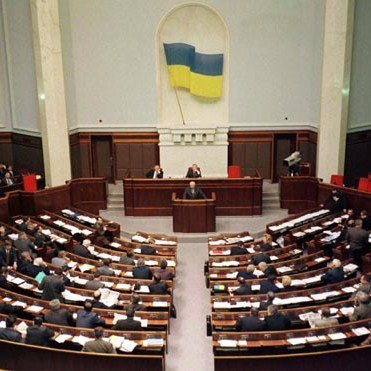(Monkey Cage) In the last 18 month, voters in Bulgaria have been to the polls three times, including two national elections and one election for the European Parliament (EP). With highly fragmented results, the recent national legislative elections have the potential to destabilize the political system of the country.
Bulgaria’s legislative election was conducted using an “open list proportional representation” system, introduced in May 2014 for the EP elections, which gives voters the opportunity to bypass the party-generated lists of candidates. Accordingly, eight parties/coalitions were elected to the National Assembly (four of them newcomers), making it the most divided legislature in the country’s democratic history. The elections were also characterized by (once again) low turnout of just over 51 percent, similar to the share of voters who turned up at the 2013 legislative elections. As coalition negotiations proceed, the most likely government is a minority cabinet by the largest party (which only has 35 percent of the seats), the third minority government in the country since 2009. […]
See the full post © The Monkey Cage
Co-authored by Maria Popova and Petia Kostadinova.











